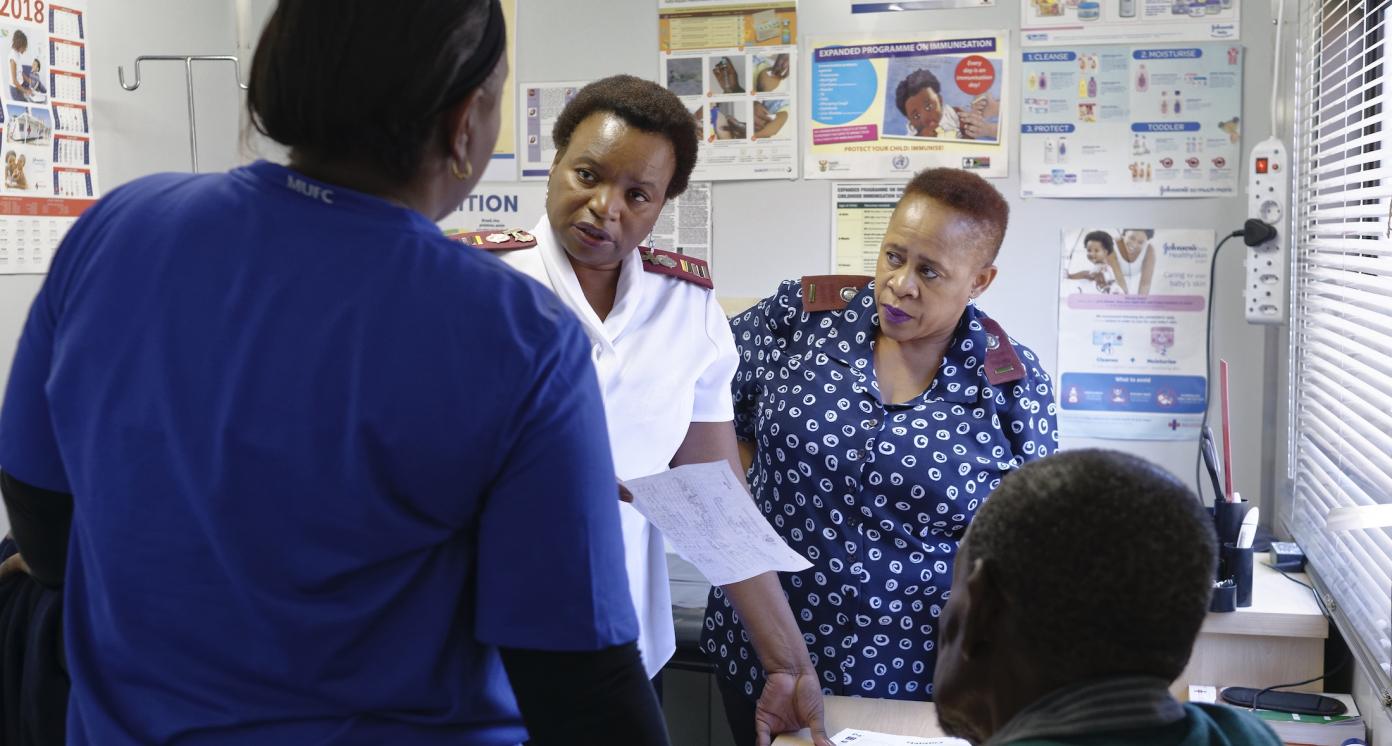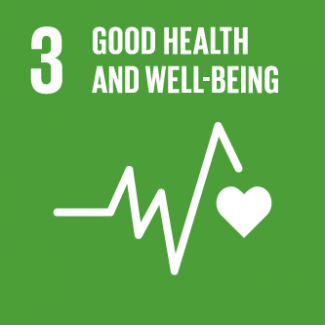In South Africa, 80% of the country’s 60 million people rely on the public sector for their healthcare needs. This makes enabling equitable, quality access to primary healthcare with limited health professional resources, ageing infrastructure, dated legislation and underutilisation of technology a challanging task. However, since 2014, Unjani Clinics NPC through a bold and disruptive service delivery model has empowered professional nurses to provide access to quality, affordable primary healthcare; while at the same time equipping them to operate and ultimately own container clinics in low-income and rural communities.
Through the use of technology, health outcomes and impact are tracked, while simultaneously building sustainable micro enterprises that create new jobs and provide social value to the communities they serve. Unjani Clinics are proving the potential of shifting to skilled nurse practitioners in delivering primary care, with referral to doctors when outside their scope of practice; demonstrating the role that private service providers can play in achieving universal healthcare access; and showing the power of partnerships in achieving great outcomes. 10 million+ South Africans fall into the employed, uninsured category. They have access to some resources to acquire healthcare services but cannot afford private sector pricing. This is Unjani Clinic’s current target market. Over the past seven years, with a total of 140 million ZAR in funding raised so far, the Network has empowered 90+ nurses with 90+ clinics nationally within South Africa, which resulted in 350 new jobs, 80% of which are women. With 65,000 consultations per month, Unjani Clinic has already completed 2.1 million consultations since inception with a patient demographic of nearly 70% women.
Having proven the concept of addressing the gap in healthcare access for South Africa’s low-income communities, Unjani Clinic is now transitioning to scale with a goal of 100 clinics by December 2021, followed by 1,000 clinics by 2030. With a funding contribution of 10 million ZAR, the Network could establish 10 additional clinics with empowered nurses, achieve 30,000+ annual consultations and create 30+ new permanent jobs in South Africa’s communities.
This case study is sourced through an engagement with UNDP South Africa and the South Africa SDG Investor Map. The enterprise contributed to the South Africa-Japan Business Seminar held in March 2021.

















